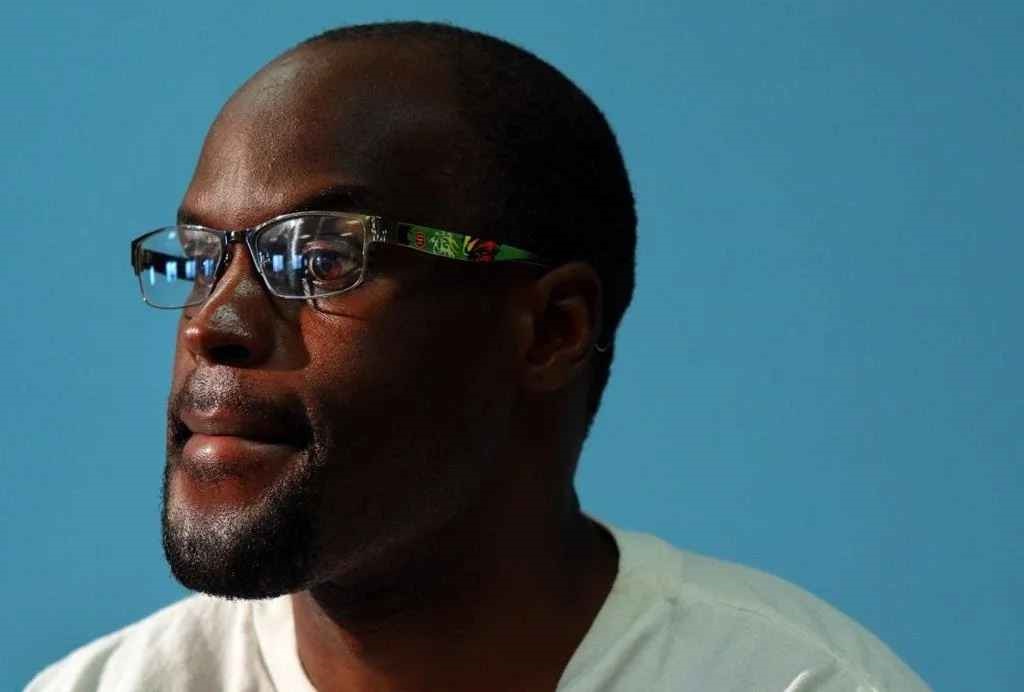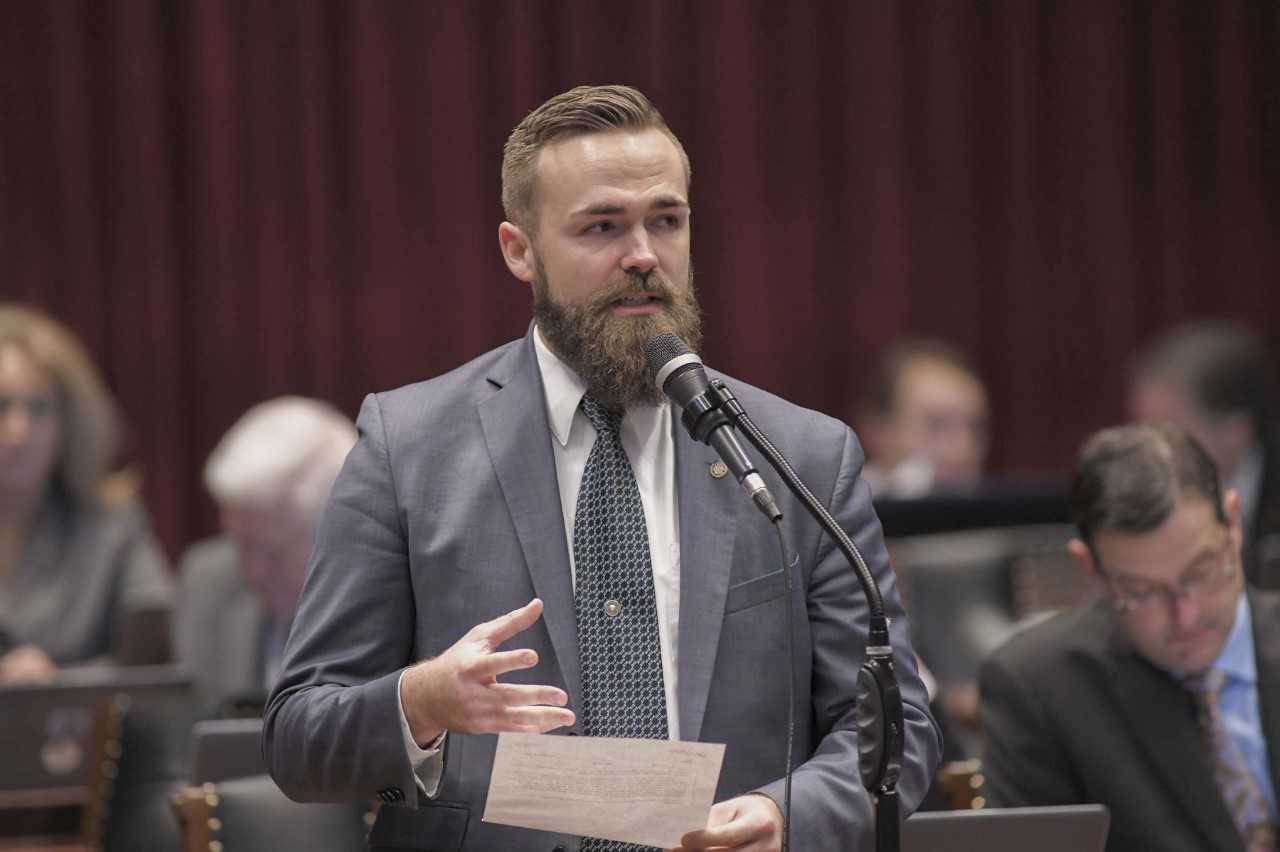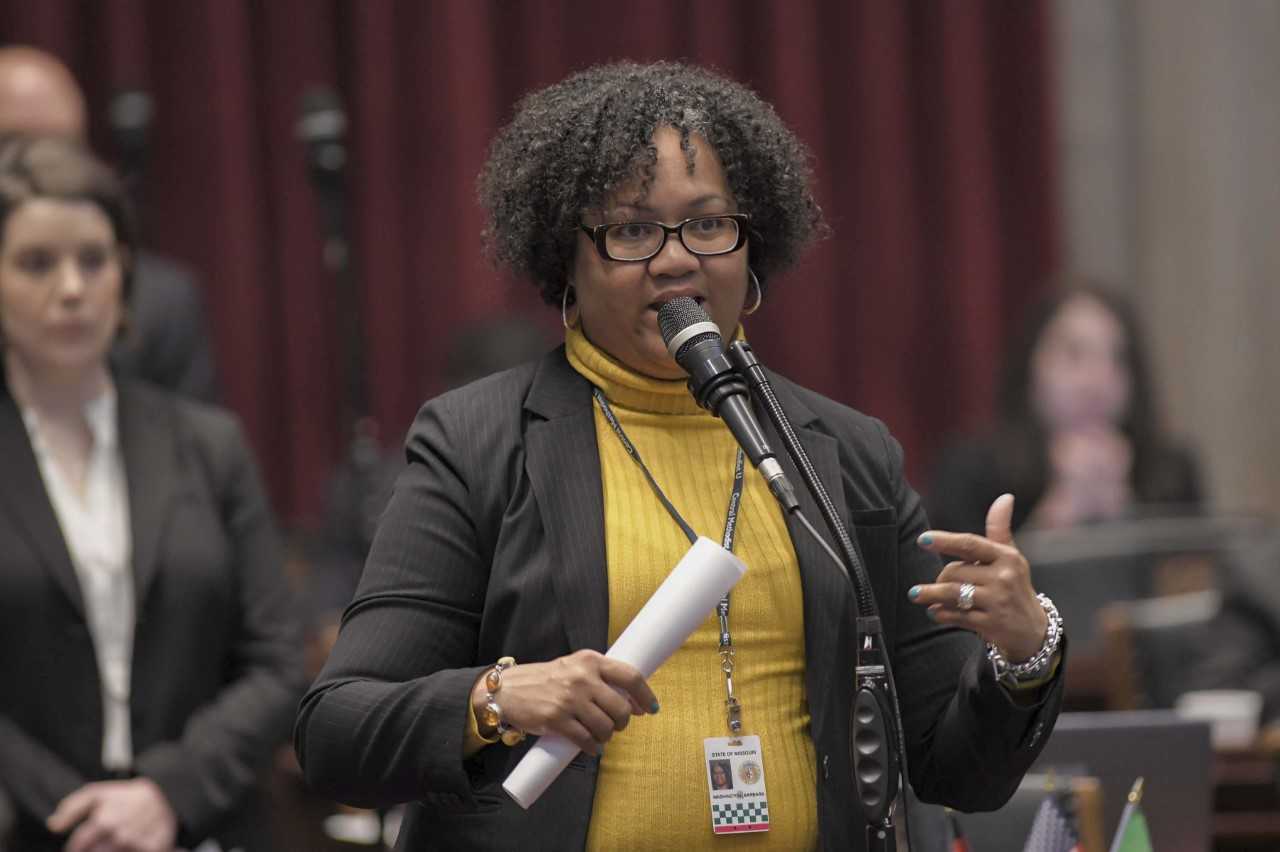The House has voted to ensure that Missouri inmates who are at least 65 years old get a chance at parole.
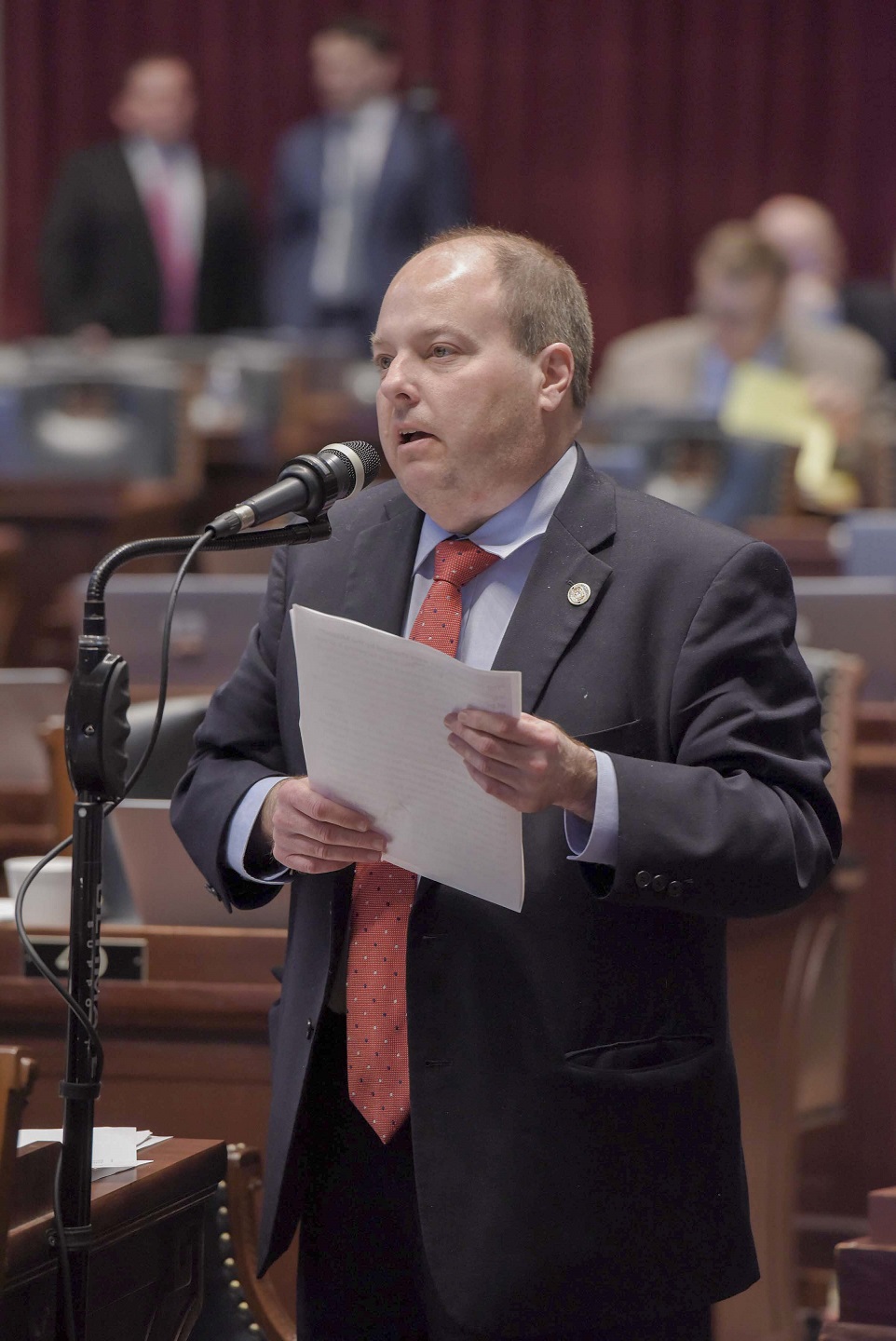
House Bill 352 would apply to a small number of inmates who have served at least 30 years of a sentence, who have no prior violent felony convictions, are not convicted sex offenders, and are serving a sentence of life without parole with a 50-year minimum.
St. Charles Republican Tom Hannegan sponsors the bill. He said that sentence was replaced with a 30-year minimum in the 1980s.
Democrats strongly supported the bill. Representative Barbara Washington (D-Kansas City) said just as modern DNA has proven some people innocent in old cases, this legislation reflects how the state’s law has changed to eliminate overly harsh prison terms.
“This is an opportunity to correct some of the miscarriage of justice that we’ve had in the past,” said Washington.
Some Republicans opposed the bill, saying the victims of the crimes committed by the inmates this bill would affect deserve justice by having the original sentences carried out.
Carl Junction representative Bob Bromley (R) said a high school friend of his was murdered, as was the sister of a friend of his. He reached out to relatives of both of those victims about HB 352.
Former Joplin Police Chief Lane Roberts (R-Joplin) said sentences of life without parole are often offered as an alternative to the death sentence in particularly egregious crimes. That is generally after the victim’s family has agreed to accept that as an outcome.
“When someone is sentenced under a statute that says, ‘Life without parole means a 50-year minimum,’ that’s the promise that we made to the family at the time,” said Roberts. “The promise doesn’t change just because our philosophy changes.”
Hannegan said the bill wouldn’t fly in the face of past sentences.
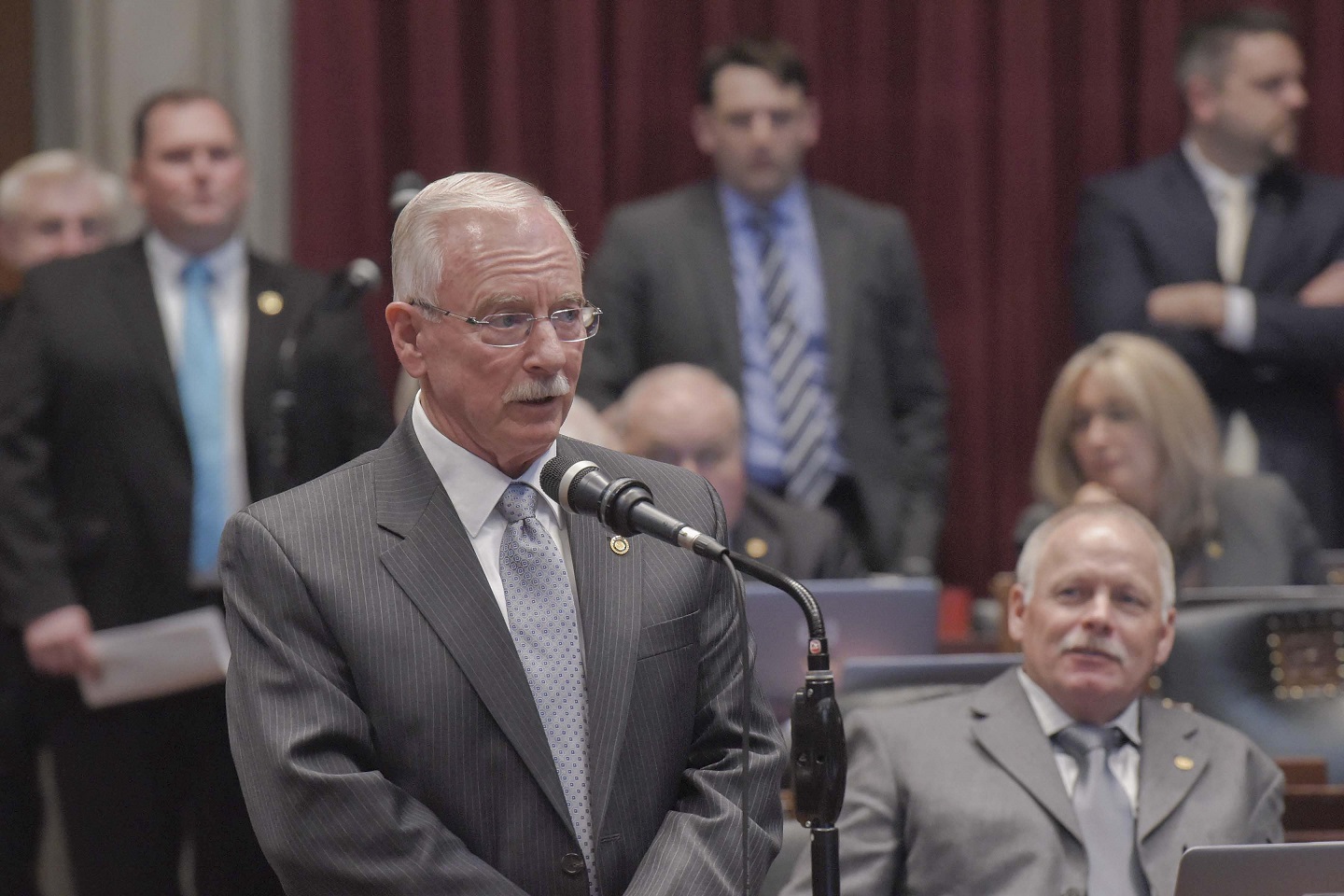
Representative Steve Butz’s (D-St. Louis) sister was raped and murdered about 10 years ago in Washington State. He described to his colleagues having to identify her body, having to wait several days before her body was released to be buried, and going through the court trial.
He said her killer is serving the same kind of sentence as the people this bill would affect.
He said forgiveness is key for a family to heal.
“With all the other requirements that this inmate in this case would have to meet, it’s for those reasons that I urge the body to support this bill,” said Butz. “It’s great to be merciful.”
HB 352 is part of a larger, overall focus on criminal justice reform that is a bipartisan priority this year. Its language has been included in a broad reform package, House Committee Bill 2. That bill is still before a House committee.
An inmate receiving a parole hearing under this bill must be found by the parole board to have met certain criteria to be eligible for parole. He or she must have a record of good conduct while in prison; must have demonstrated rehabilitation; must have an institutional risk factor score of no more than one and a mental health score of no more than three; and must have a workable parole plan that includes the support of family and community.
An offender who is not granted parole would be reconsidered every two years.
With a vote of 90-60, HB 352 now goes to the Senate for its consideration.
